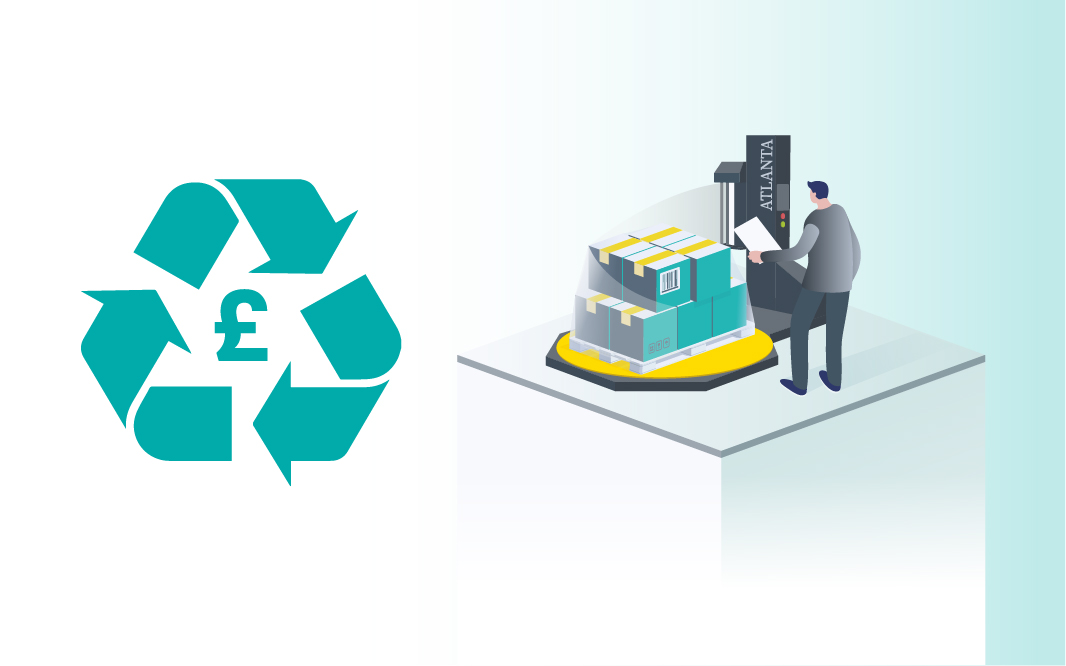
The Plastic Packaging Tax, which comes into effect on 1st April 2022, will affect all plastic packaging products in the UK containing less than 30% recycled plastic. Whilst we are still waiting for the final details of the legislation, we already know that new tax rate is expected to be £200 per tonne.
The stated intent of the tax is to financially incentivise manufacturers and importers to use recycled material in the production of plastic packaging – creating greater demand for this material, stimulating increased levels of recycling and collection of plastic waste, and diverting it away from landfill or incineration. In short, it aims to incentivise environmentally responsible behaviour around plastic packaging.
Already in the marketplace the prospect of this new tax is generating increased enthusiasm and energy from manufacturers and consumers alike. People are rightly keen to be on the front foot in terms of reviewing their use of plastic packaging, resourcing products that will minimise the additional tax, and doing their bit for the environment.
Indeed, at Hazel 4D we are working hard across all our applicable product ranges – with our goal being to ensure that by the end of 2021 all of our products are manufactured from at least 50% recycled plastic and are also 100% recyclable.
Or almost all. Perhaps surprisingly, there is one range of plastic packaging – pallet wrapping machine film – where this isn’t the most intelligent option… and here’s why.
Machine stretch film is a very sophisticated product which, unlike many other plastic products, is manufactured to extremely close tolerances. The need for guaranteed load stability throughout a pallet’s journey demands that machine film retains its tensile and compressive strength at microscopic thicknesses and in inhospitable environments – and let’s face it, the backs of wagons and decks of container ships are about as inhospitable as anywhere! It is therefore a prerequisite of a high performance machine film that it is completely consistent. Metre after metre, roll after roll, it must perform exactly the same in terms of stretchability, puncture resistance and clarity in order to enable the film to do its job on the pallet.
Technology has now advanced to a stage that allows a 10mu nano technology stretch film (that’s 10/1000 of a mm) to be stretched by nearly 300% on the correct machinery, properly optimised for use. This creates a film that is applied to the pallet at thickness of c.3mu – providing optimum load stability and product protection whilst, critically, minimising both plastic waste and the cost per pallet wrapped.
However, if you introduce recycled plastic to this mix the story changes significantly. At 30% recycled plastic, nano-tech film loses its ability to stretch by around 33% (based on a base 17mu film), This means that to achieve the same load stability and product protection as the 10mu film, at least twice the weight of film would be required. Ironically, this would actually use more virgin plastic than the current virgin nano stretch film.
The upshot is that it is currently more environmentally responsible and sustainable, not to mention cheaper, to use the virgin film and pay the tax, than it is to switch to a recycled film.
This may well change over the next couple of years as plastic conversion technology is improving all the time, and we believe that a high performance recycled film is quite possible in the mid-term future. So watch this space, but remember that for now a virgin nano stretch film is the most intelligent choice from every perspective.